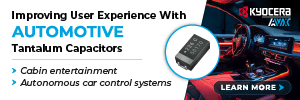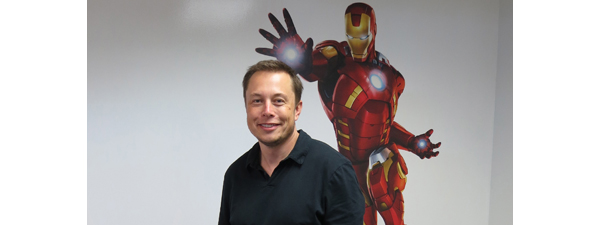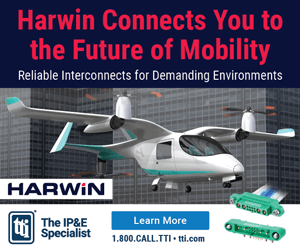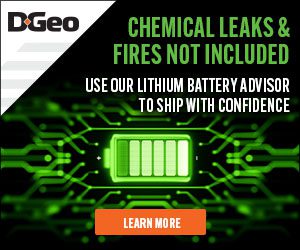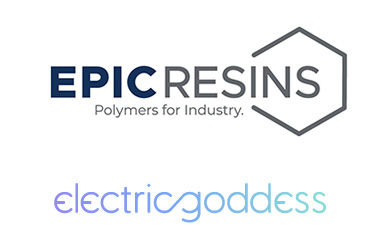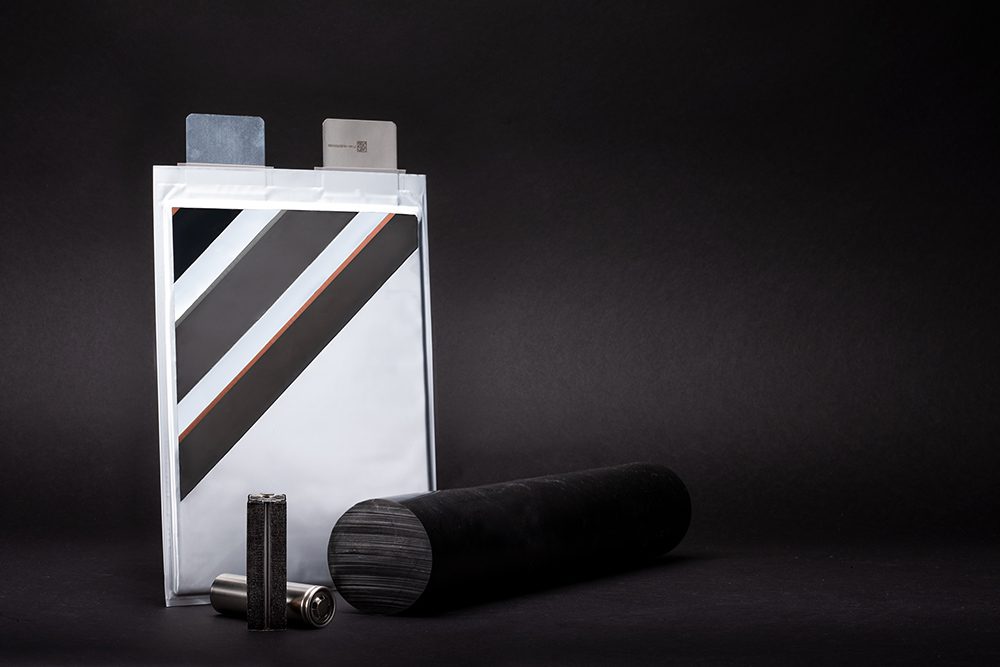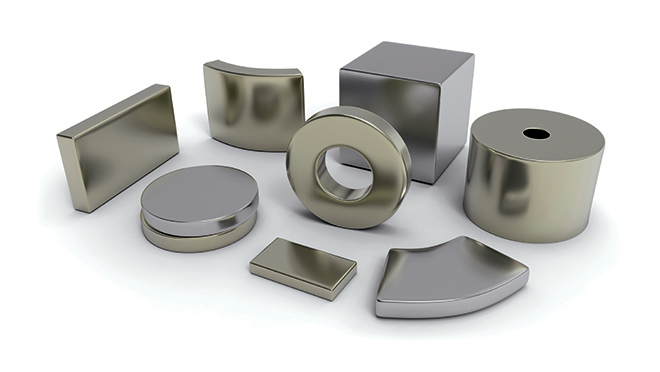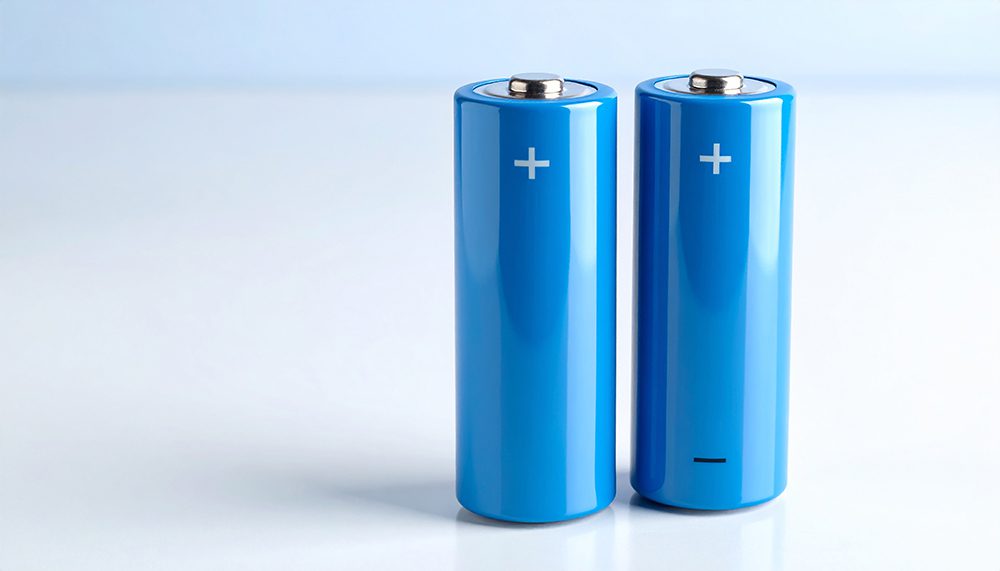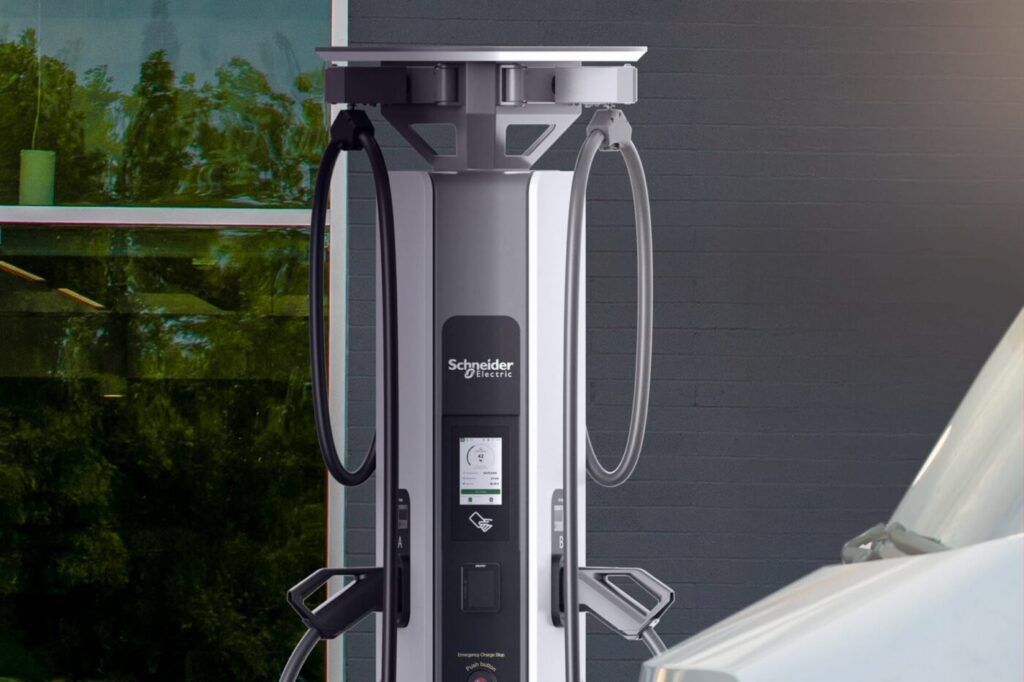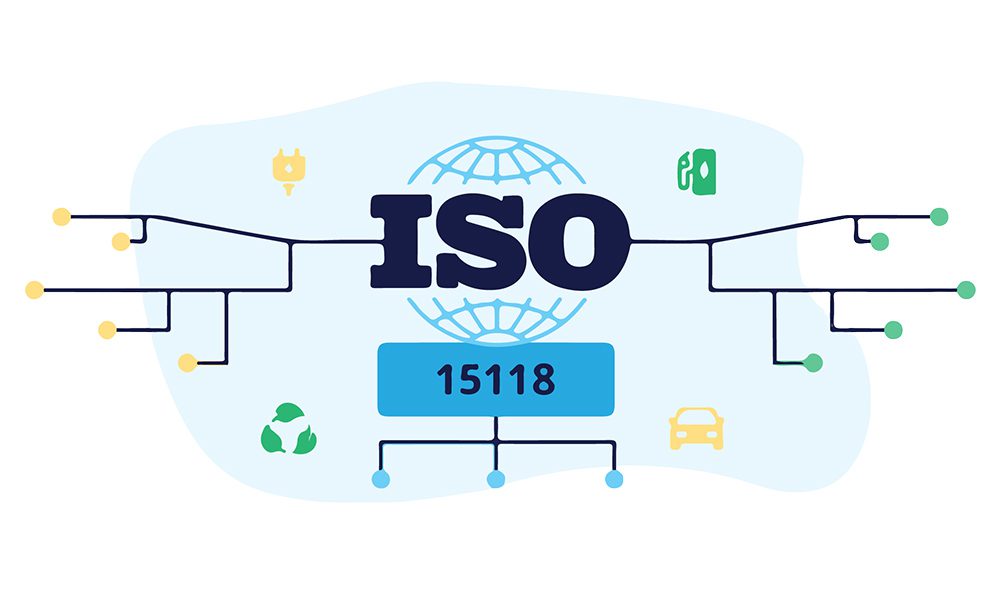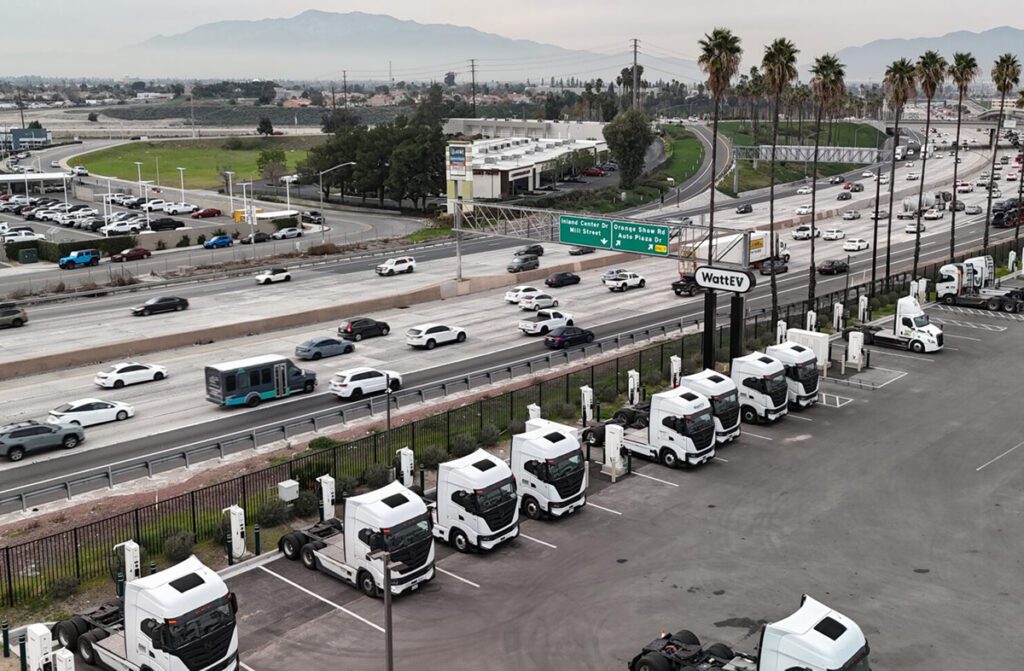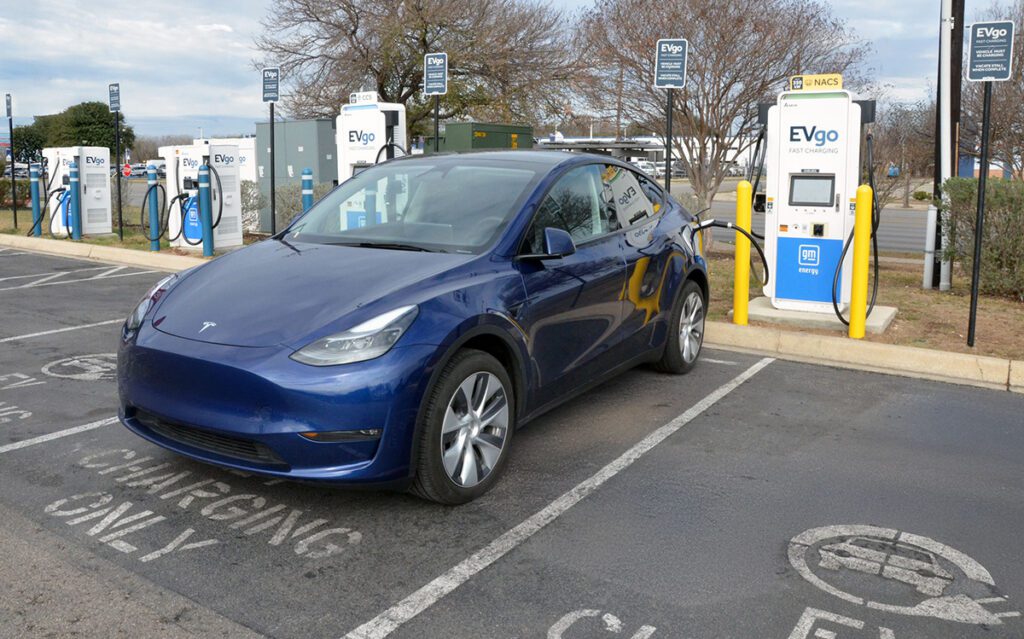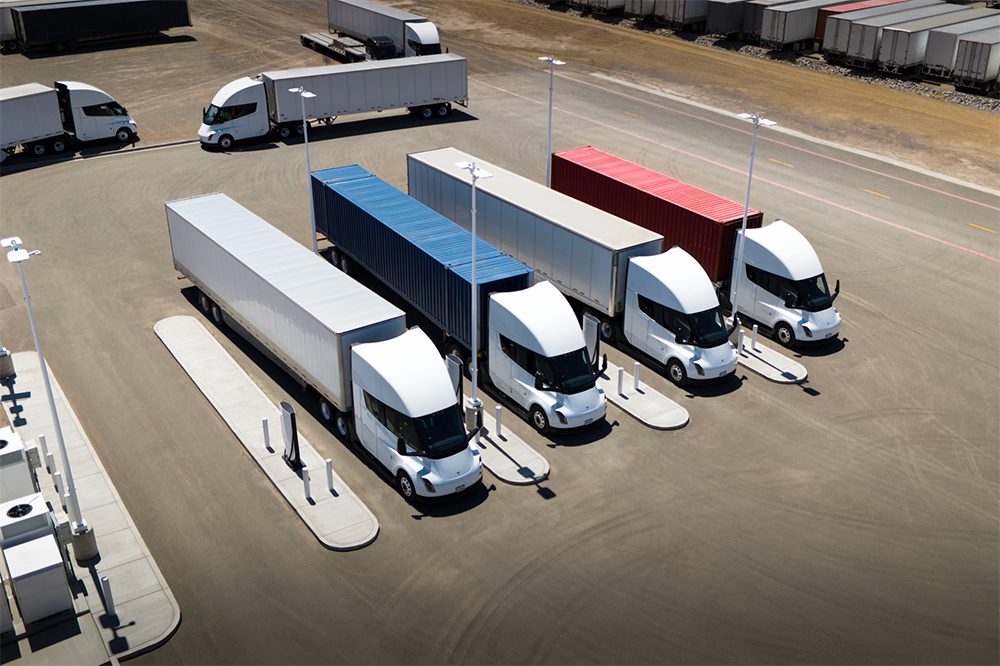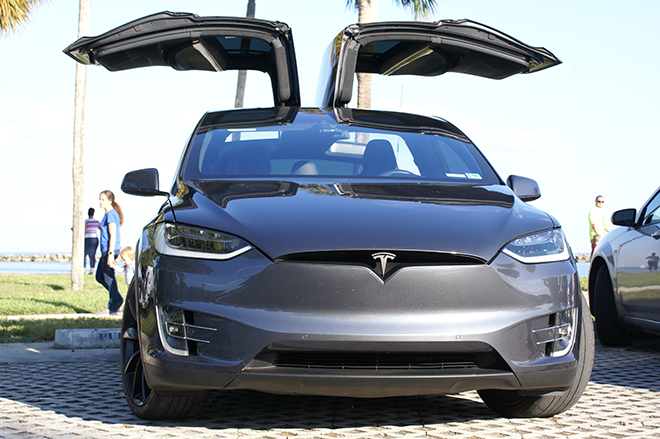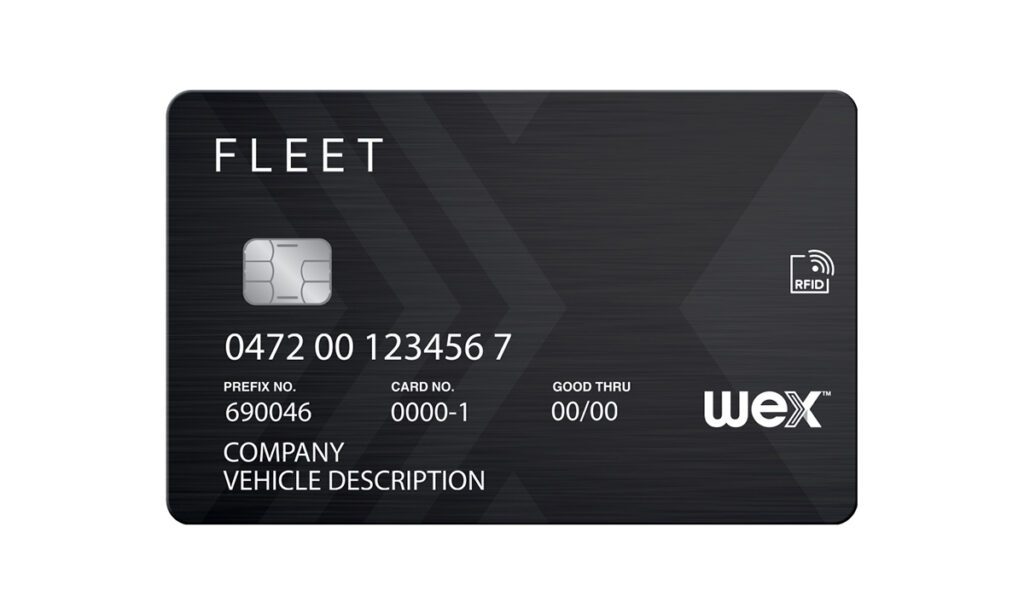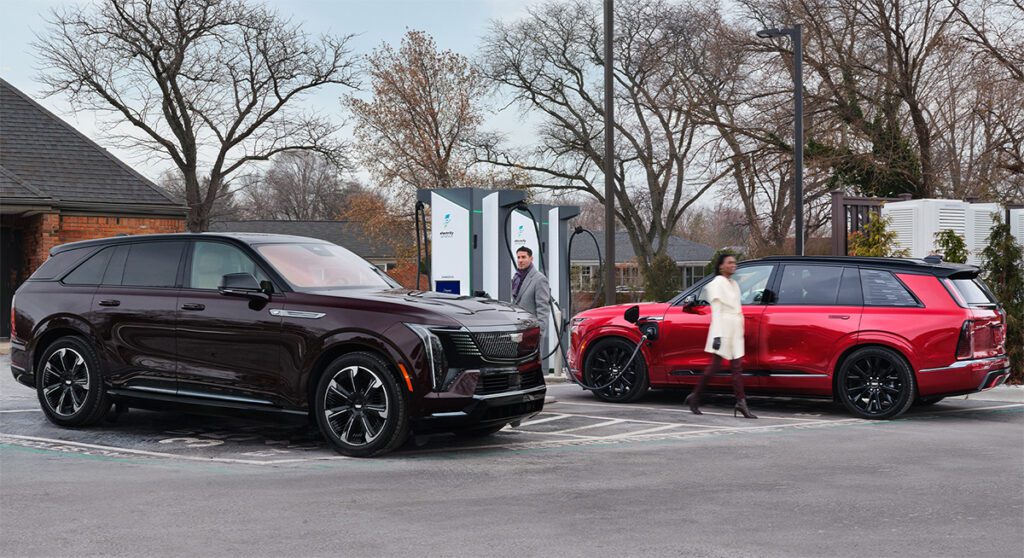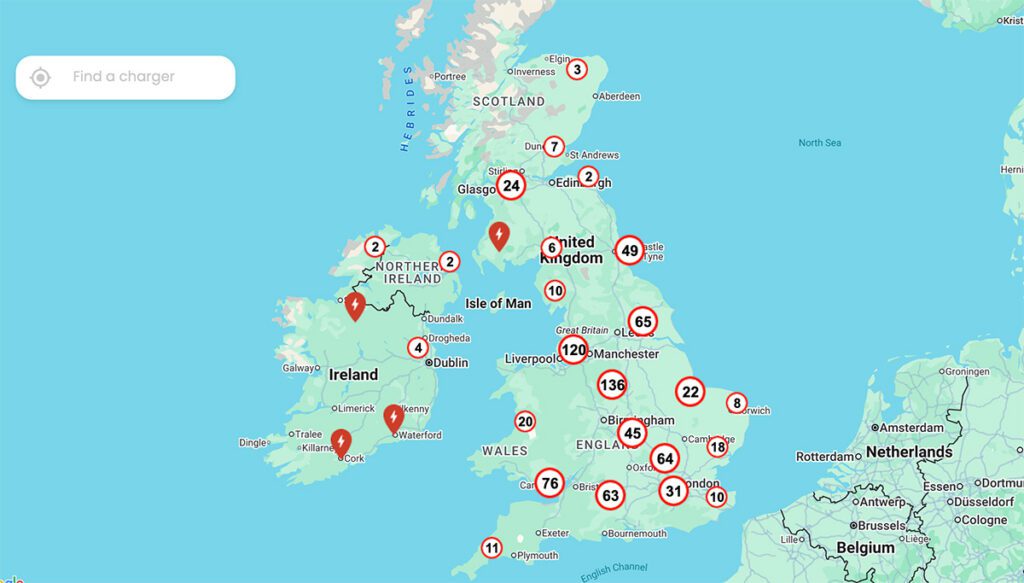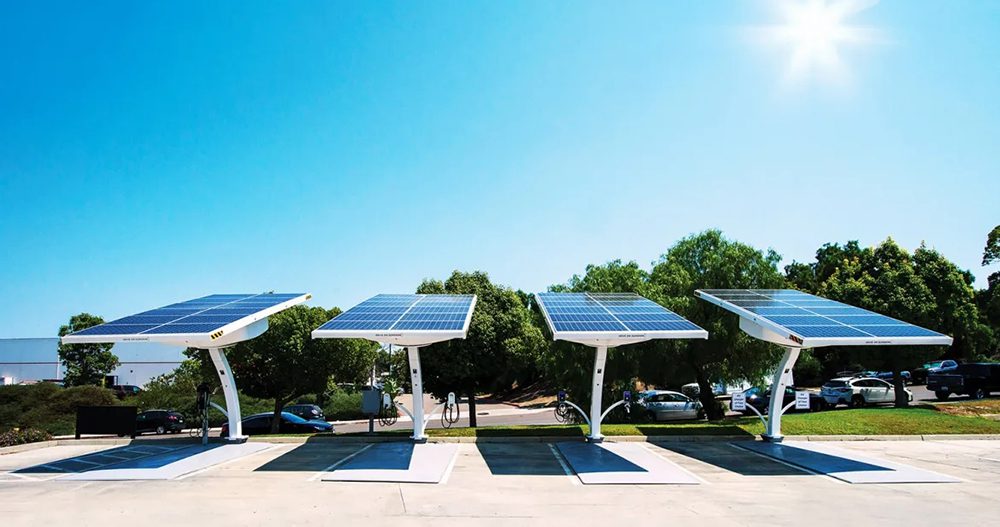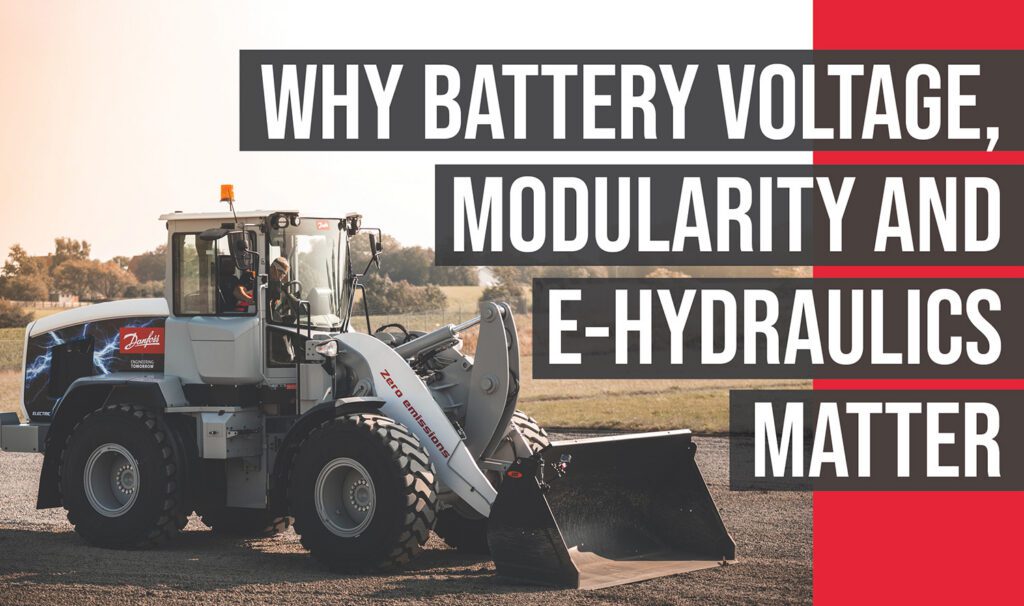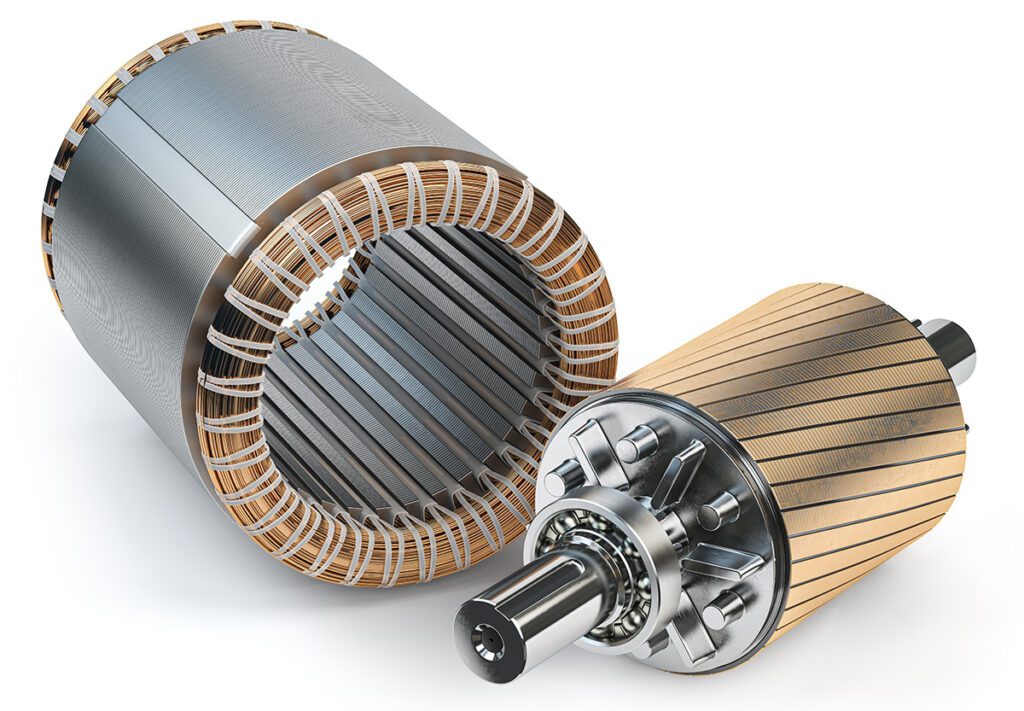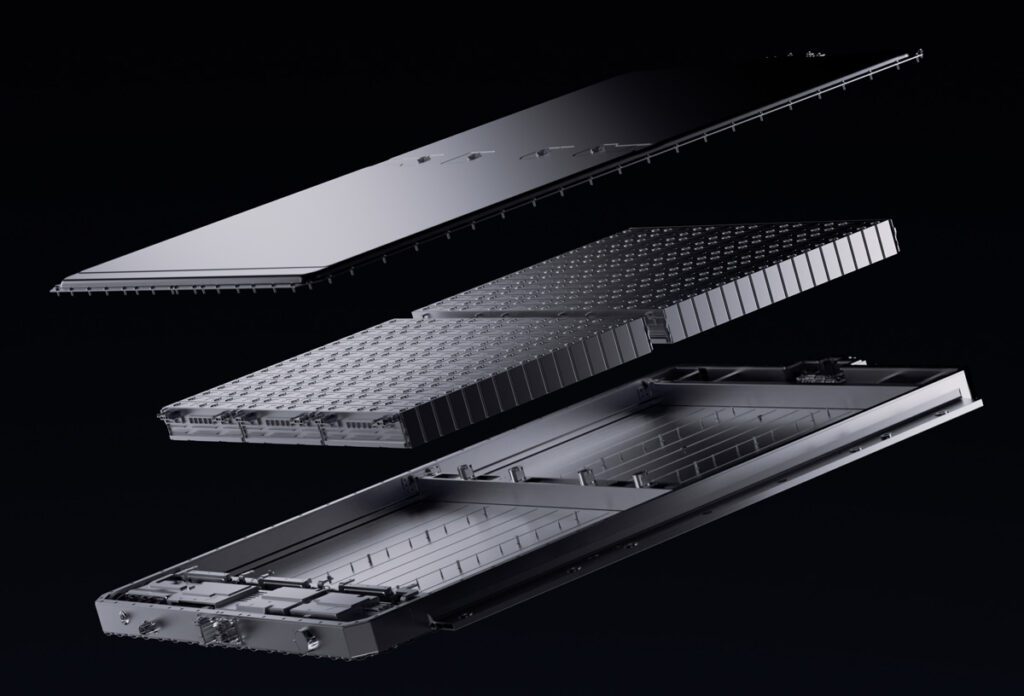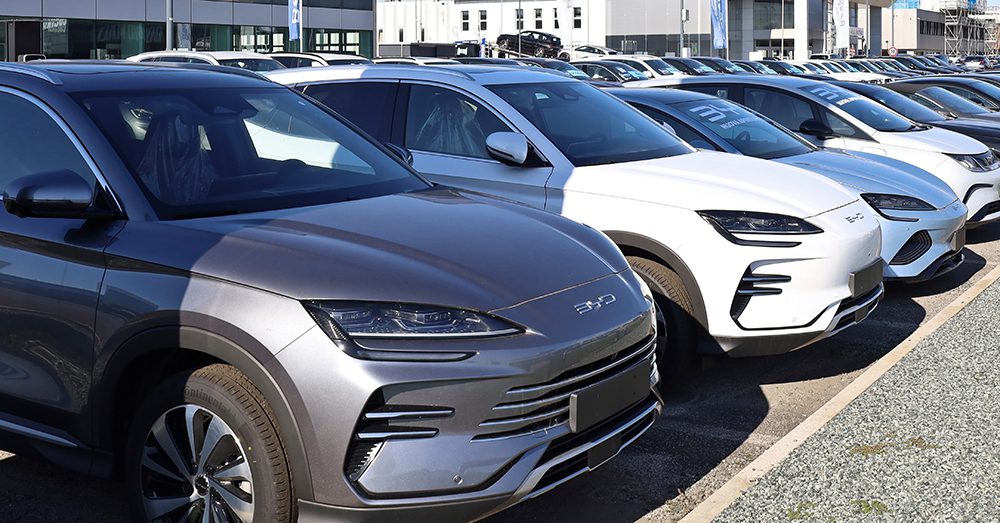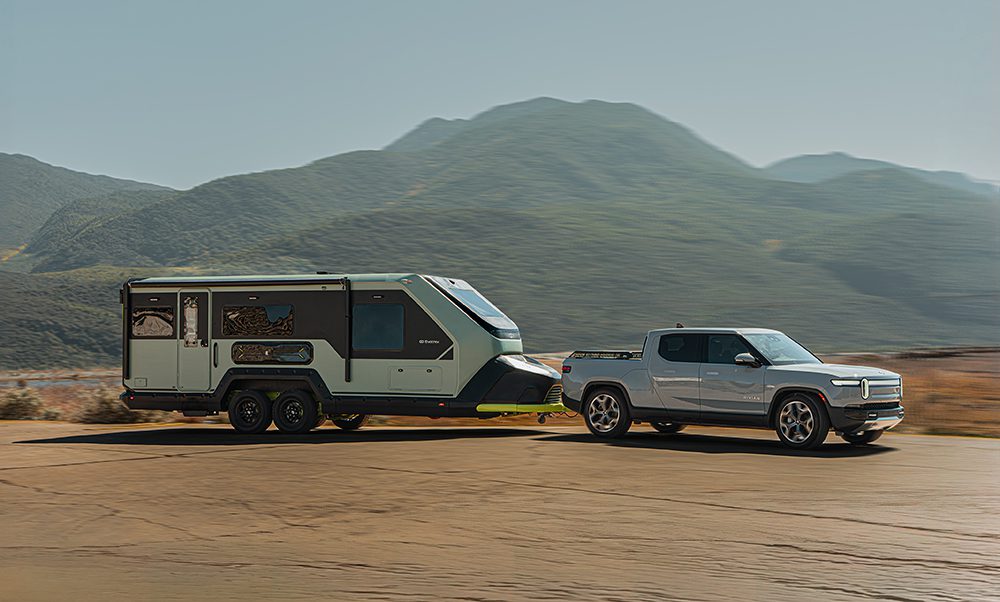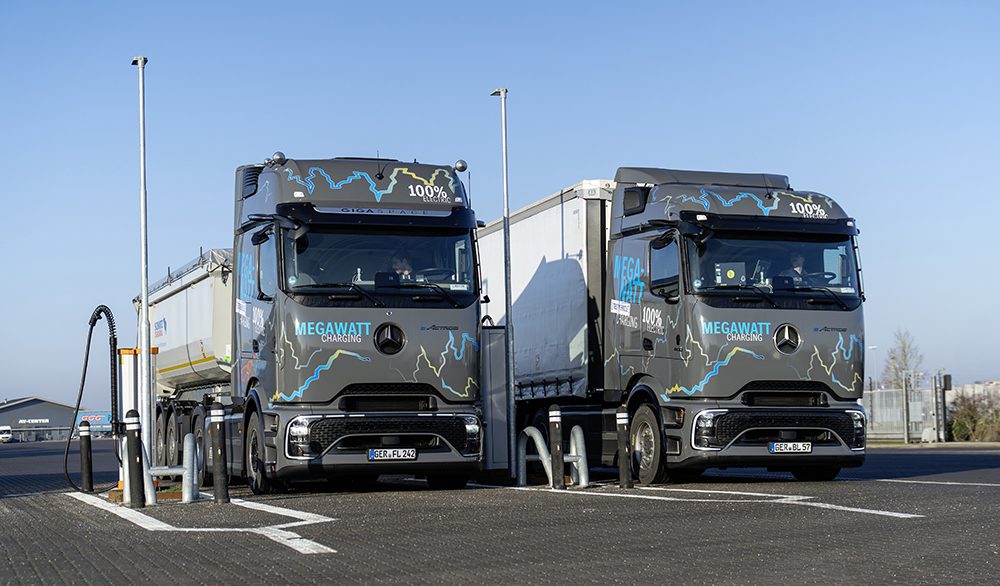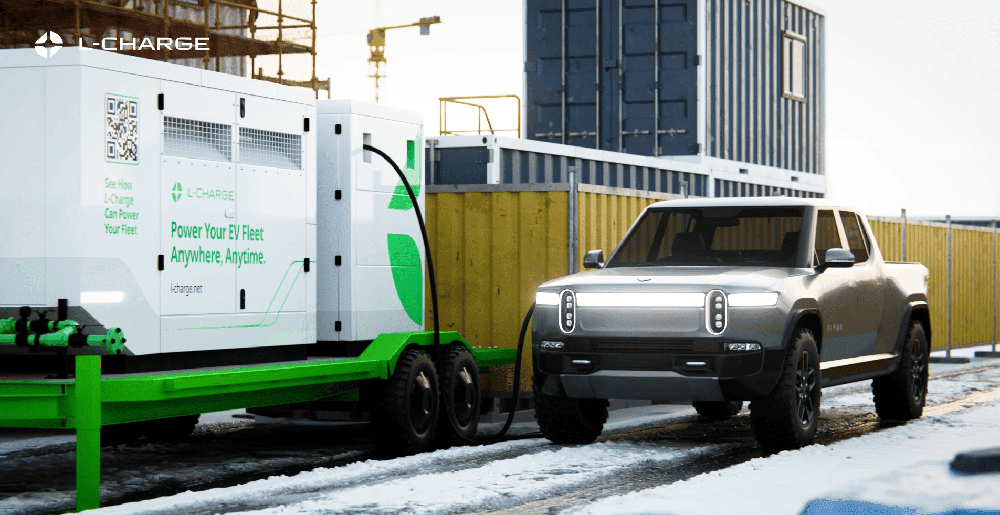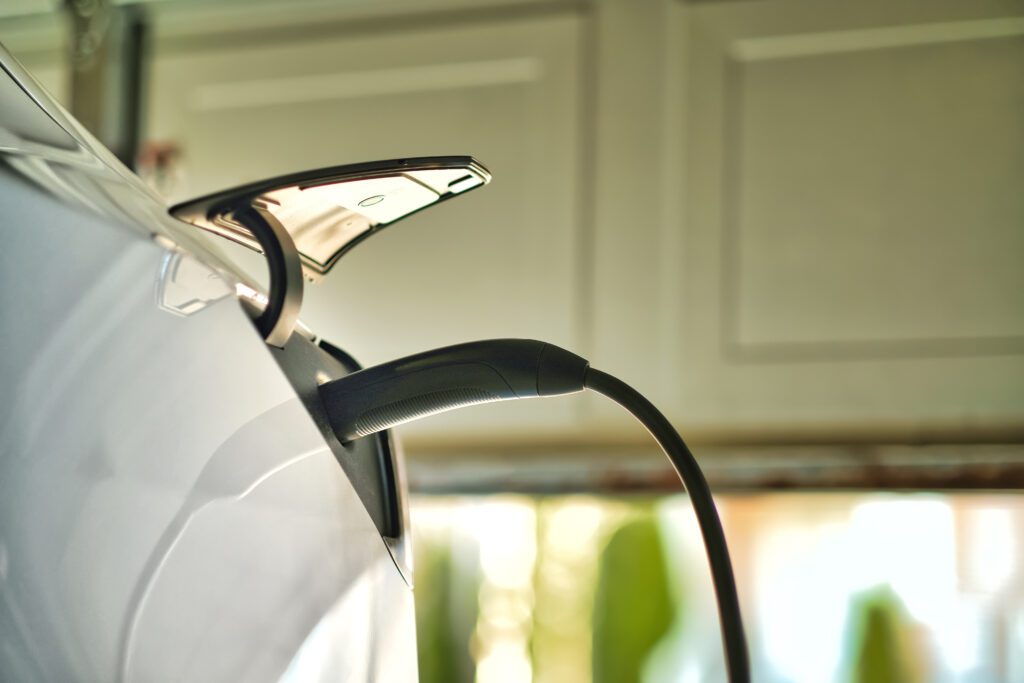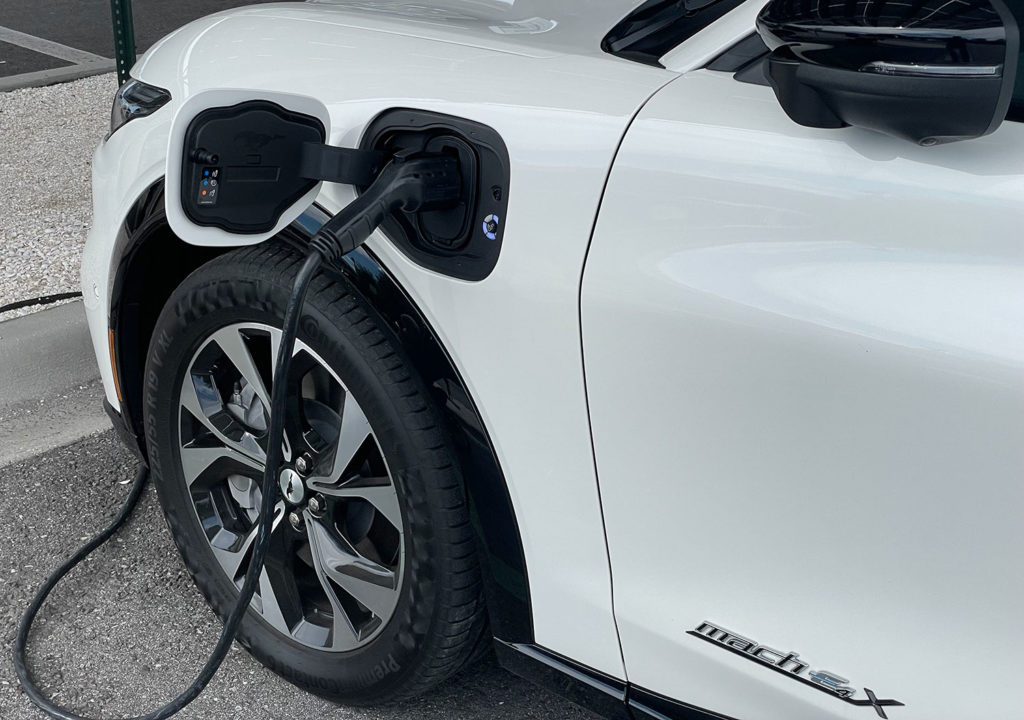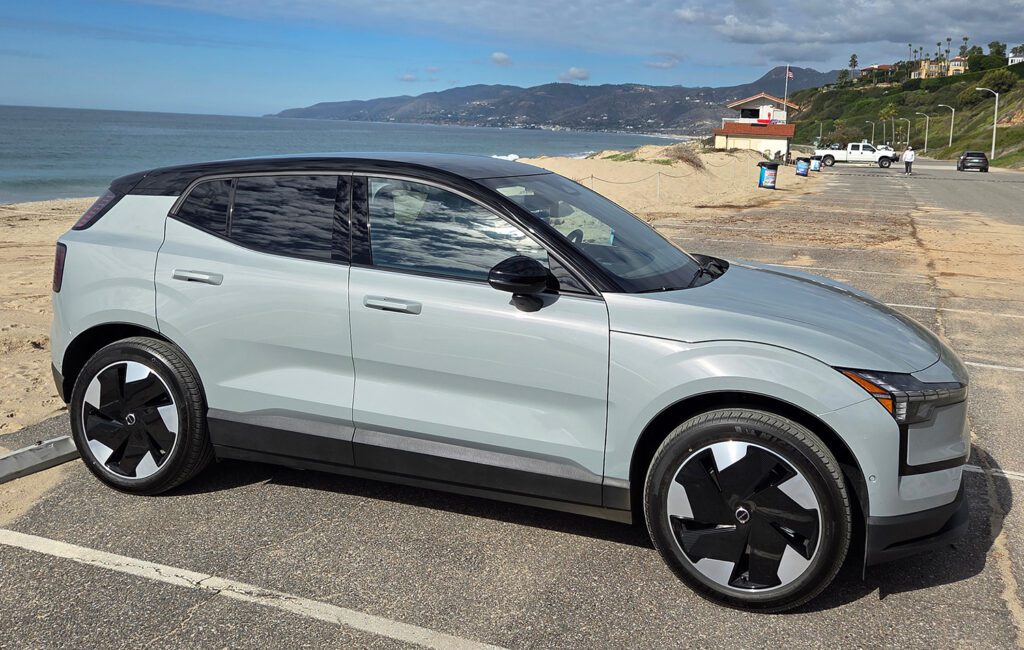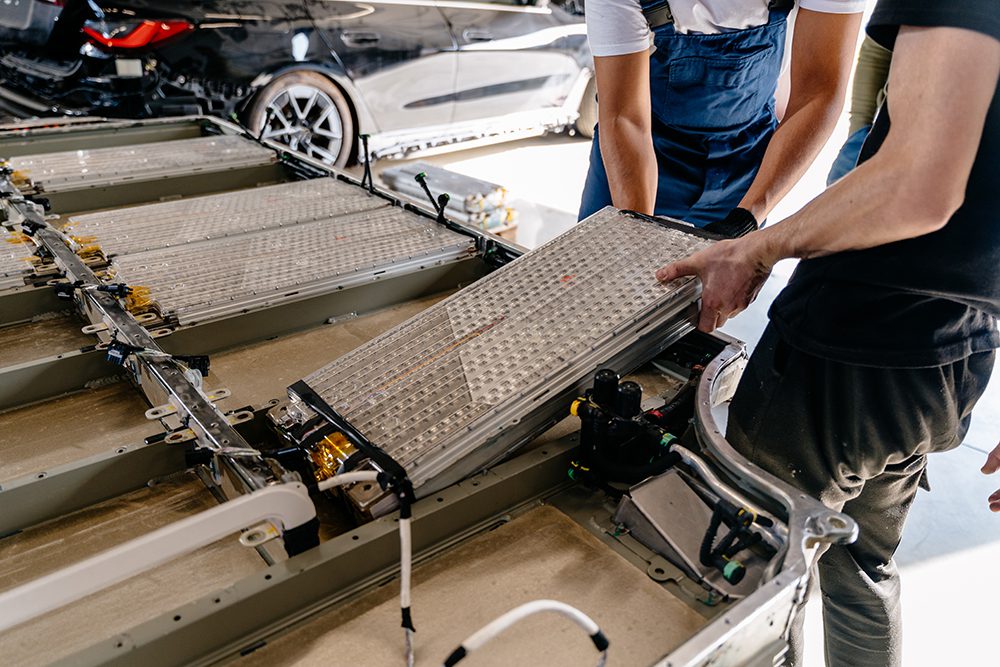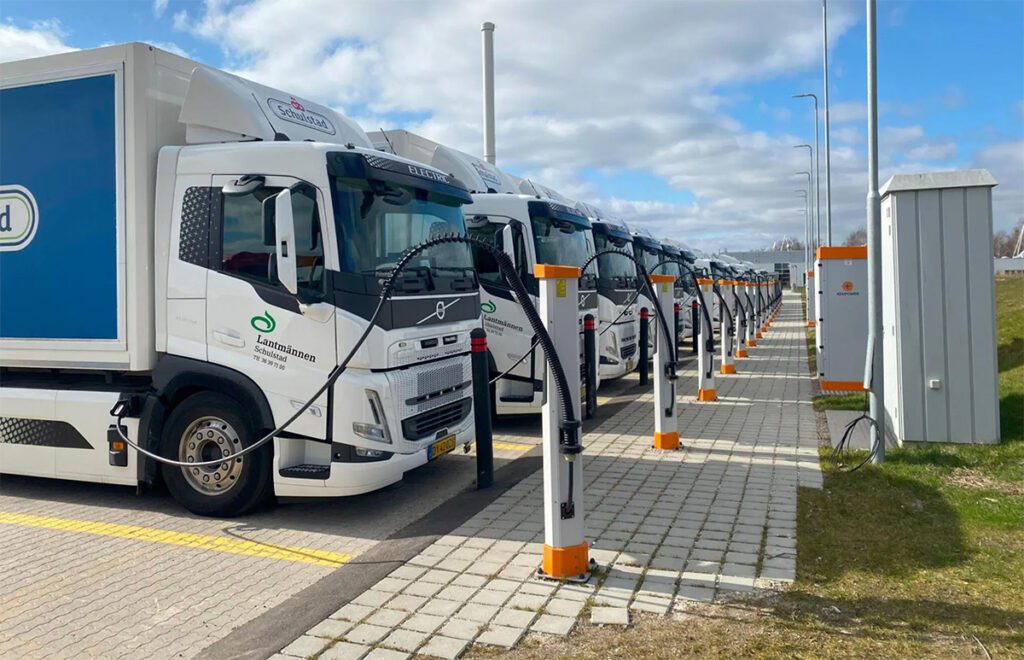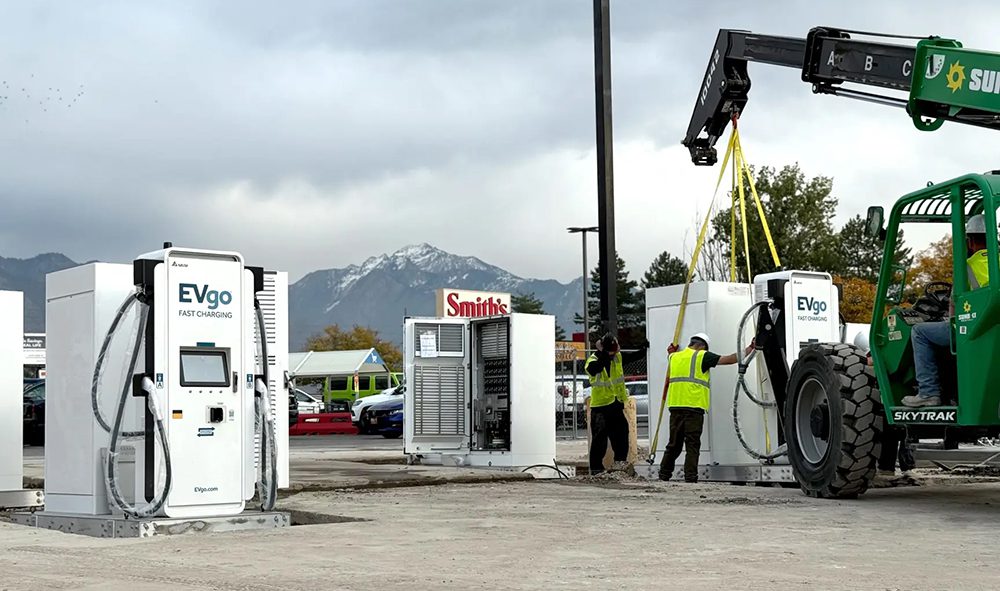Star entrepreneur Elon Musk gave a lengthy and wide-ranging interview at this week’s D11 Conference in Rancho Palos Verdes, California.
Interviewers Walt Mossberg and Kara Swisher question Musk from the standpoint of someone who isn’t familiar with Tesla or with EVs in general, so he includes a brief primer on the EV scene. He explains why electric vehicles reduce CO2 emissions, how ZEV credits work, and why he fought back against the infamous New York Times Model S review.
He also gives a brief history of the modern EV, and describes the idealistic impulses that led him to start a succession of world-changing companies. Musk founded Tesla not because he saw any huge profit opportunity, but because “it was clear that we were not going to see electric vehicles from the incumbent manufacturers.” He cites the story of GM’s martyred EV1. “If people are holding a candlelight vigil for your product, maybe you shouldn’t cancel it – but they did. So the reason for Tesla was to show that it is possible to create a compelling electric car…and that people would buy it.”
And that upcoming affordable EV that we all want to hear about? Mr Musk points out that he outlined a three-step strategy for Tesla a long time ago: The company would first produce a high-price, low-volume model (the Roadster), then a medium-price offering (Model S), and finally a lower-price vehicle that can sell in high volume. “Any new technology needs at least three major iterations to get to the mass market.”
Now that Tesla has delivered steps one and two, and seems to be on fairly firm financial footing, Musk expects step three to take place in about three to four years. He says that three major factors will allow the company to deliver a car at a much lower price point: design optimization; smaller size – the new model will be about 20% smaller than Model S; and production volume that will be “an order of magnitude” higher, leading to economies of scale.
Musk outlined Tesla’s policy of providing first-class service. “Service…for the last three or four months has been my main focus at Tesla,” he says. “Three or four months ago our service was OK, and in some cases quite bad. We had some pretty nightmarish service situations. Things have gotten steadily better.”
“We have an advantage in that the car has so much intelligence in it, it can do a lot of self-diagnostics. We can query what parts need to be fixed on the car before it even comes in.” said Musk.
Tesla has built a fleet of top-of-the-line service loaners, which are delivered by valet. The idea is to deliver a seamless experience that gets your car serviced with no interruption to your life.
Source: AllThingsD.com
Image: Jurvetson/Fickr



